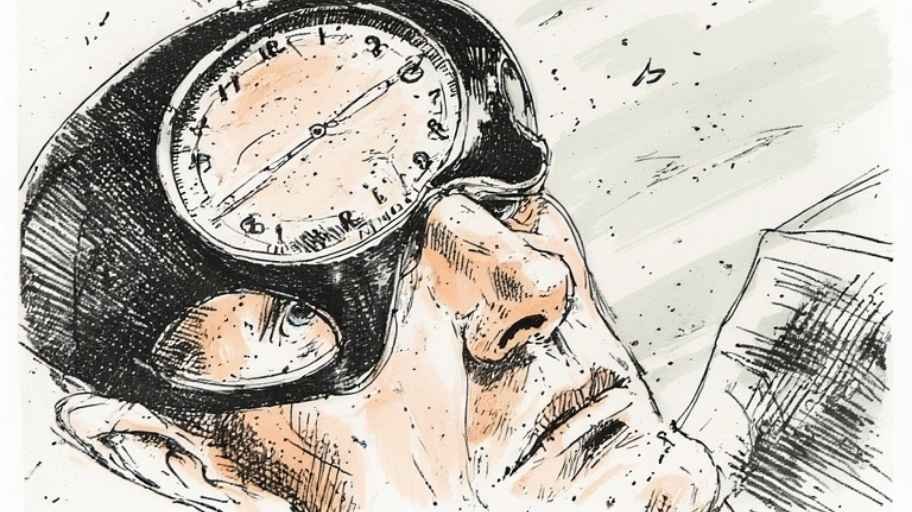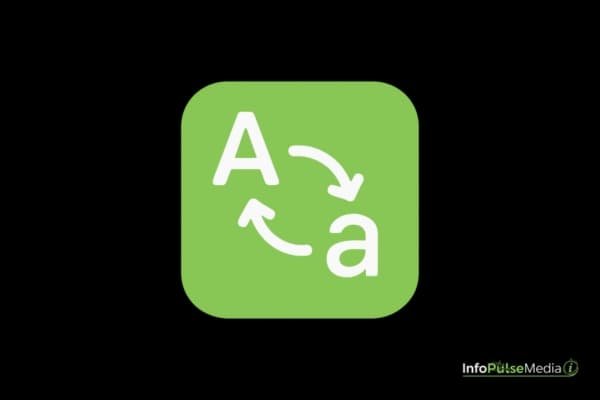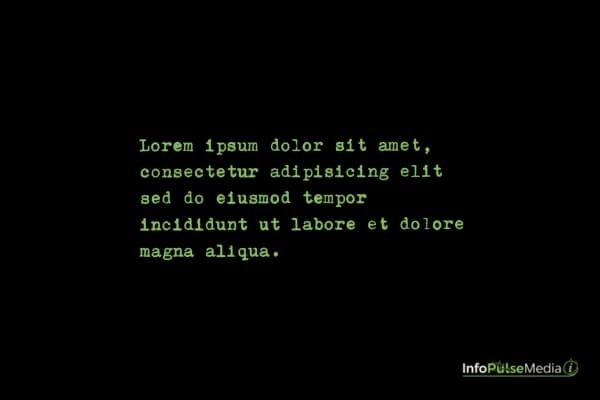Look, you are not broken. Your brain is just doing what it was trained to do: chase fast stuff. Notifications, headlines, short videos, group chats, news, everything that gives a tiny hit of something. That stuff wins because it is instant and cheap. Your real work asks more of you. It wants patience and boring focus. That is hard these days. But it can happen.
Please Feel Free To Read it like a friend telling you what actually works / not a productivity pep talk. No big lists, no slogans. Just stuff you can try tonight.
Start small, because big promises fail fast
People love big plans. The problem is big plans ask for willpower you don’t have. Instead, pick one small thing and make it nonnegotiable for 7 days.
Examples:
- Put your phone away or in other room for 30-90-minutes.
- Dont open news sites before lunch for three days.
- Ship a rough version of something, even if you think it could be better.
Tiny wins feel boring, but they build confidence.
Notice what actually pulls you away
Do a tiny experiment. For one day, every time you get distracted, write it down. One line. What stole you, and where were you when it happened. No judgment, just notes.
Most people are surprised. They think it’s meetings and boss stuff. Turns out it is nine things they assumed were harmless. When you see the pattern, you can stop pretending you don’t have a problem.
Make your space do some of the work
Your environment sends signals. for e.g. If your office desk looks like a mess your brain will thinks its ok to scatter.
Clean the surface. Keep only what you need for the current task. Put the phone somewhere else. Use headphones if noise is a problem. Close tabs that are not part of what you’re doing. Small visual cues make getting started way easier.
Protect the morning hours
Humans often have better focus earlier in the day, or at least in certain blocks. Figure out your best hours. If you are sharp in the morning, do the heavy thinking then. Save email and small chores for when your energy dips.
If you only do one thing, protect that first hour after your best time starts. Don’t open socials. Don’t read the news. Do the thing that matters.
Treat focus like a muscle
If you dont train it, it will be weak. Want stronger focus?
Try this gentle routine:
- Commit to 25 or 50 minutes of pure work. No checking, no tabs except the one you need.
- Take a 5 to 15 minute break that actually rests your brain. Walk. Stretch. Stare out the window. Don’t doomscroll.
- Repeat.
Some people like 25 minutes. Some people do 90 and then crash. Try both. Find what fits you. The point is to build repetition. Each session makes the next easier.
Learn to notice the impulse and change the story
A lot of distraction is autopilot. You feel the pull, you check the phone, and you are gone. That happens fast. So the trick is to catch it.
if you feel the urge to check something, pause here please. Notice the feeling. Name it. Say in your head, “Oh theres the itch.” Then go back. That tiny pause is training. It teaches your brain that urges don’t have to run the show.
Also, replace the habit with something small and harmless. Like keep a small notebook on your office desk. When an idea pops up, jot it down and get back to work. That simple swap stops YouTube slides.
Make breaks actually count
Not all breaks are the same. Scrolling is not a break. It is a different kind of work that drains you.
Good breaks:
- Walk outside for five minutes.
- Do a few stretches.
- Make tea and watch the steam.
- Read one poem or one page of a book.
Kill the “research loop” and perfection traps
One big distraction is thinking you need to learn more tools or tweak your workflow to be perfect. That is often procrastination wearing a lab coat.
Set a clear rule: research for X minutes only. Done. Or set “three edits max” on drafts. After that, ship it. Imperfect gets stuff out into the world. You can improve it later.
Use friction to your favor
Make distractions harder. Put the app behind friction. Put the phone in another room. Use a website blocker for the worst sites. These are not punishments. They are common sense moves to reduce the number of small decisions you have to make each day.
Also, create a simple ritual before a focus block. It could be making coffee, putting on the same playlist, or tidying the desk for 30 seconds. Rituals cue your brain that it’s time.
Be kind to your biology
Sleep, food, and movement matter. No hacks can replace good rest.
If you are tired, your brain will prefer easy dopamine hits. If you eat a heavy meal, you will want to nap or scroll. Move a bit. Drink water. Try short walks between blocks. These are boring but real.
If focus loss feels extreme, see a doctor
If you have struggled all your life, or you suddenly can’t hold attention, consider a checkup. ADHD, sleep problems, and unmanaged anxiety show up like distraction. Getting proper help or testing can change everything. Asking for help is not admitting failure. It’s getting better tools.
Make a small system you can actually keep
Systems fail when they are complicated. Make something dumb simple that you can repeat in your week.
Start with this one-week plan:
- Day 1: Pick one 90-minute block tomorrow. Put phone away. Do only the main task.
- Day 2: Do it again. Write down what got easier and what sucked.
- Day 3: Add a second 50-minute block later in the day. Keep the same rules.
- Day 4: Delete one newsletter, one app, or one social account that drains you.
- Day 5: Ship something small that you have been tweaking for too long.
- Day 6: Try an accountability session with a buddy or an app.
- Day 7: Rest and notice wins.
Short answers to questions you might have
Q: Can I focus with roommates or family around?
A: Yes. Use headphones, shorter blocks, and pick times when the house is quieter. Trade blocks with someone if you can.
Q: Pomodoro or long sessions?
A: Both. Start with shorter windows. If you get into a flow, ride it. If you crash, use shorter windows.
Q: Do apps help?
A: They can. Use blockers or simple timers. But don’t treat tools as a substitute for choices.
Q: When will this feel normal?
A: You will notice small wins in days. Habits get easier in weeks. The big shifts take months. Keep it small and steady.
One final thing
Stop treating focus like a moral trait. It is a skill. It can be trained. It is also okay to be human and get distracted sometimes. The goal is not to be perfect. The goal is to get more of the time you need for the stuff that matters.
Pick one small thing from this and try it right now. Put your phone in another room for the next 25 minutes. Start one small focused session. See what happens.




